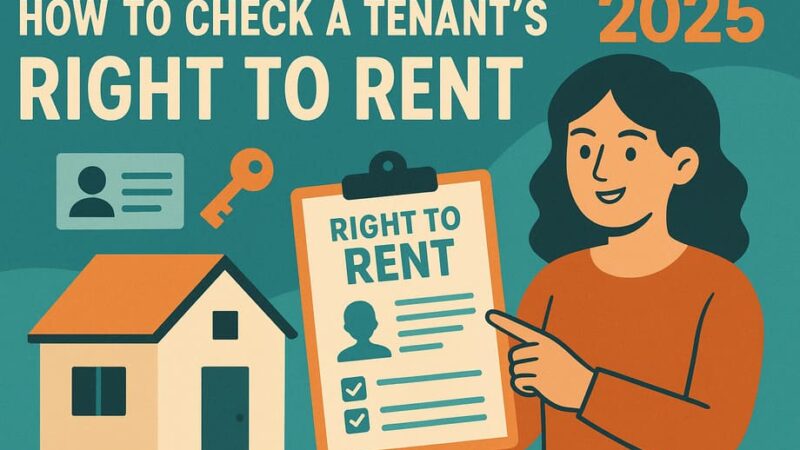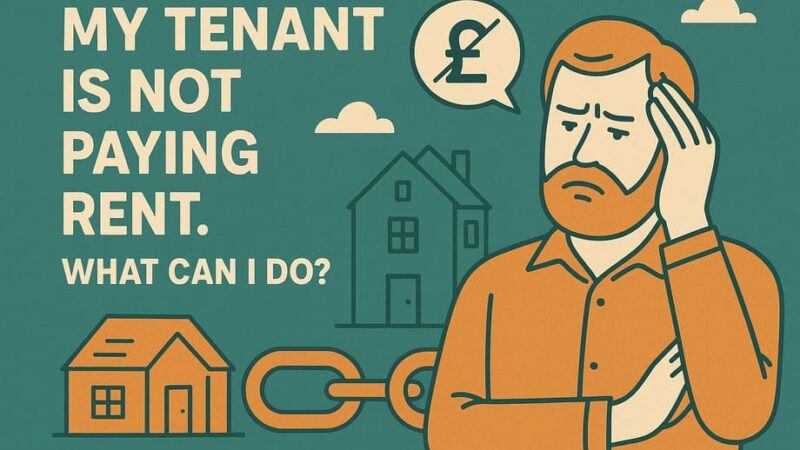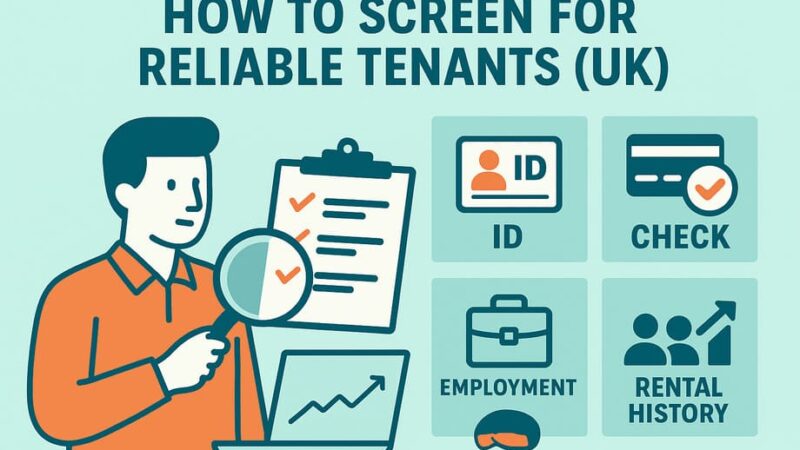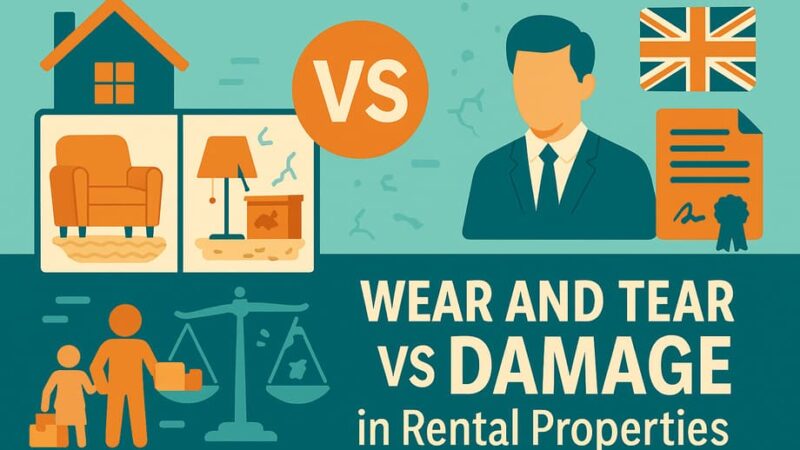Gas Safety Checks for UK Landlords – Understanding Your Legal Obligations
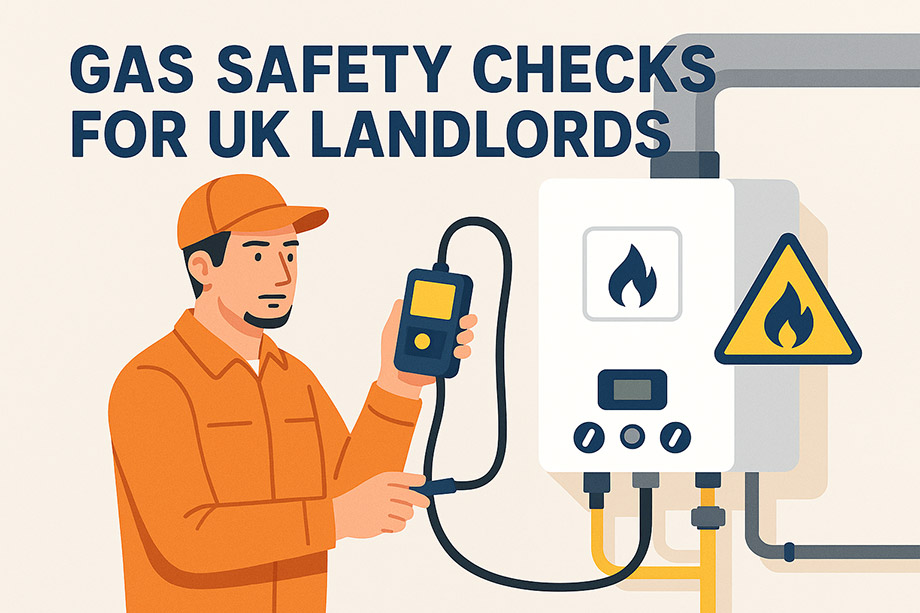
If you are a landlord in the UK, ensuring the safety of your tenants is not just good practice, it is a legal requirement. One of the most important responsibilities you hold is managing gas safety checks. Failing to comply with these legal obligations can lead to serious consequences, including fines, legal action, and most importantly, risks to tenant safety. In this post, we will walk you through everything you need to know about gas safety checks for UK landlords, including your duties, how to carry them out, and tips to stay compliant.
Table of Contents
What Are Gas Safety Checks and Why Are They Important?
Gas safety checks are inspections carried out on all gas appliances, fittings, and flues within a rental property. The purpose is to ensure that all equipment is safe to use and does not pose a risk of carbon monoxide poisoning or gas leaks. According to UK law, landlords must have these checks performed at least once every 12 months by a registered Gas Safe engineer. The engineer will issue a Gas Safety Certificate, also known as a CP12, confirming that the property is safe.
These checks protect tenants from dangers such as fires, explosions, or poisoning caused by faulty or poorly maintained gas appliances. In addition to legal compliance, regular gas safety inspections also help landlords avoid costly repairs and potential liability claims.
Legal Obligations for UK Landlords Regarding Gas Safety
As a landlord, your responsibilities under the Gas Safety (Installation and Use) Regulations 1998 are clear:
- Ensure all gas appliances and fittings in your rental property are safe.
- Arrange an annual gas safety check by a qualified Gas Safe registered engineer.
- Obtain a valid Gas Safety Certificate (CP12) after each inspection.
- Provide a copy of the gas safety certificate to your tenants within 28 days of the check.
- Keep a record of all gas safety checks for at least two years.
- Make sure that any gas appliances or flues provided are properly maintained and in safe condition.
- Promptly fix any safety issues identified during the inspection.
- Allow tenants access for safety inspections to be carried out.
Failure to meet these obligations can lead to penalties, including unlimited fines and imprisonment in severe cases.
8 Tips for UK Landlords to Stay Compliant With Gas Safety Checks
- Hire a Gas Safe Registered Engineer
Always use a Gas Safe registered engineer for your gas safety inspections. This is a legal requirement and ensures that the engineer is qualified to safely inspect and maintain gas appliances. - Schedule Annual Inspections in Advance
Plan your gas safety checks well in advance to avoid missing the 12-month deadline. Mark your calendar and notify tenants ahead of time. - Keep Detailed Records
Store copies of all gas safety certificates and inspection reports safely. This documentation may be needed for tenancy agreements, audits, or legal disputes. - Communicate Clearly With Tenants
Inform your tenants when the gas safety check will take place and provide them with a copy of the certificate within 28 days after the inspection. - Check All Gas Appliances and Flues
Ensure the engineer inspects every gas appliance, including boilers, cookers, heaters, and flues. - Fix Issues Immediately
If the gas engineer identifies any safety concerns, arrange for repairs or replacements without delay. - Understand Your Responsibilities If You Use a Letting Agent
If you have a letting agent managing your property, confirm they are aware of gas safety responsibilities and keep you informed. - Stay Updated on Legal Changes
Gas safety laws can change. Stay informed about any updates from the Health and Safety Executive (HSE) or Gas Safe Register to ensure ongoing compliance.
Pros and Cons of Regular Gas Safety Checks for Landlords
Pros
- Legal Compliance: Meets your legal duties and protects you from fines and legal action.
- Tenant Safety: Ensures your tenants live in a safe environment, which can improve tenant satisfaction and retention.
- Reduced Liability: Reduces your risk of being held liable for accidents or damages caused by faulty gas appliances.
- Property Protection: Early detection of problems helps prevent costly repairs or damage.
- Insurance Benefits: Some insurance policies may require proof of regular safety checks to remain valid.
Cons
- Cost: Annual inspections and any necessary repairs can add to your maintenance budget.
- Inconvenience: Coordinating inspections and repairs may sometimes disrupt tenants or your schedule.
- Access Issues: Tenants may be unavailable or unwilling to grant access for inspections, causing delays.
- Responsibility Burden: Keeping track of compliance can be challenging for landlords managing multiple properties.
Despite the challenges, the benefits of regular gas safety checks far outweigh the downsides. Prioritising safety and legal compliance protects both landlords and tenants.
Final Thoughts
Gas safety checks are an essential part of a UK landlord’s legal duties. They protect tenants from potentially life-threatening hazards and protect landlords from legal and financial consequences. Staying on top of these checks by working with qualified Gas Safe engineers and maintaining clear records will help keep your property compliant and safe.
If you are a landlord, make sure gas safety checks are a priority in your property management routine. Not only will this give you peace of mind, but it will also demonstrate your commitment to providing safe and secure accommodation.
Last Updated on July 29, 2025 by James Cartwright


